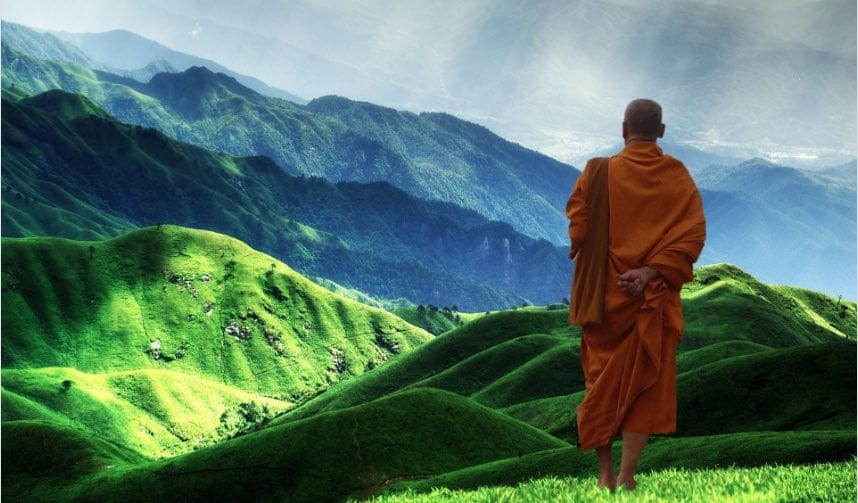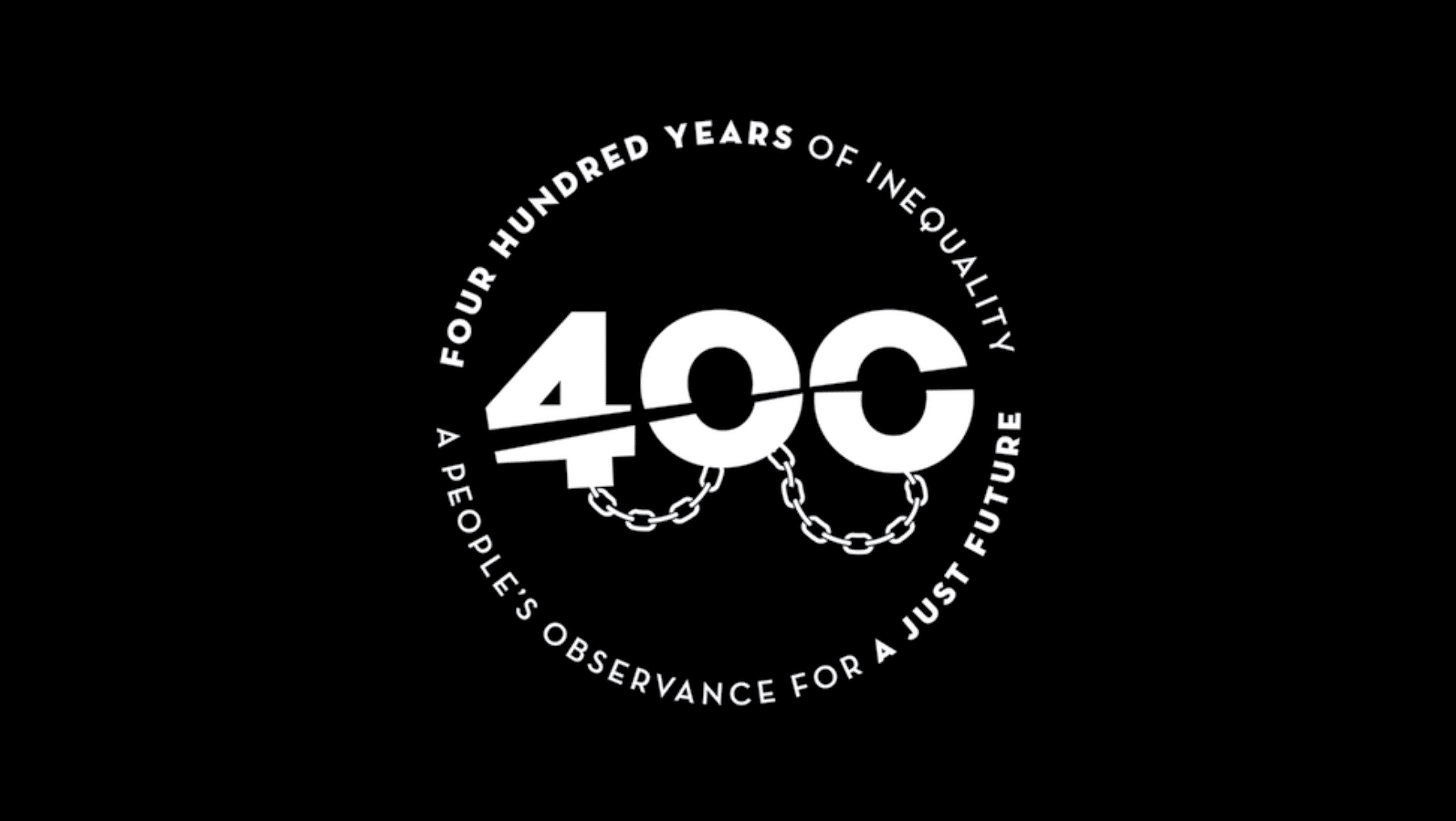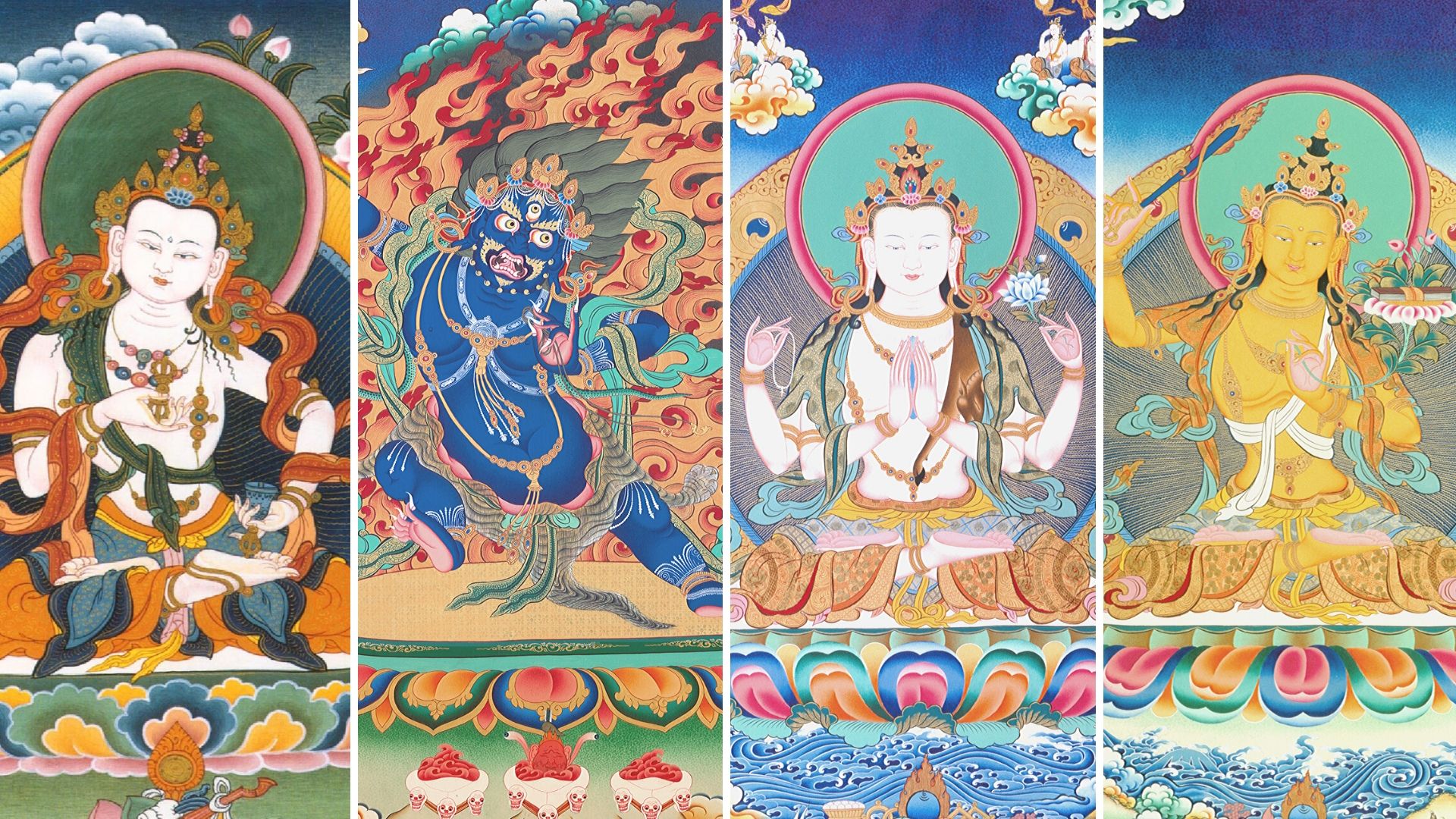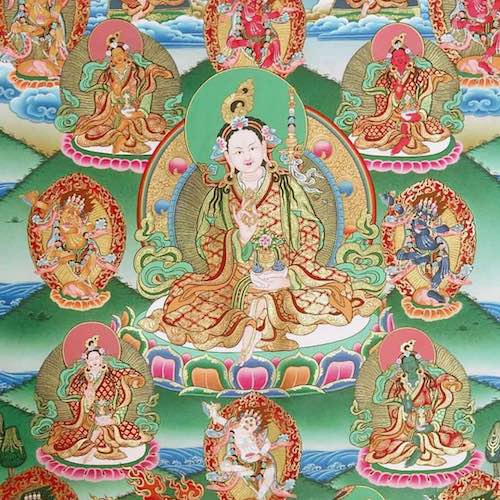Browse Schedule by Category: Retreats / Online Courses
Online Courses
Mastering the Sixteen Stages of Insight (Meditation Retreat)
Clear Sky Meditation & Study Centre 3567 Cockell Rd, Bull River, British Columbia, CanadaThis powerful meditation retreat is to understand and liberate the unconscious mind. By practicing the foundations of mindfulness, we can begin to master the sixteen stages of insight.
Contemplating 400 Years of Inequality
Catherine Pawasarat Sensei is hosting a conversation that focuses on the past 400 years of American structural inequality towards Blacks, Indigenous, women and other minority groups. This seminar invites us to see our own implicit biases and cultivate new ways of being more compassionate and loving beings through the scope of Dharma, race and liberation.
Crouching Ego, Hidden Buddhas
Learn how to transform overwhelm into endless wisdom and greater capacities to love, act, connect and be.
Eye of the Storm: Navigating the Modern World (Online)
For all meditators and spiritual practitioners, this course explores how we can more fully support the mind of awakening to manifest in our lives - for our own benefit, and for positive transformation in the world. Learn how to create space and strength to navigate the storms of the modern world.Eye of the Storm Do you struggle to keep momentum with your spiritual practice? It is easy to feel one’s energy get drained away and get lost in the struggles and distractions around us. More than ever we need a strong supportive environment to help us navigate the storms of the modern world, and to shine forth with clarity and compassionate minds to help the planet. As human beings, our consciousness is built to awaken. Our awakening is supported by the universe - we just need to learn to recognize and tap into this deep support structure. Based on 15 years of hosting deep retreat work, our home meditation center Clear Sky uses five tried and tested principles of creating a supportive container. These principles nurture and uncover this universal support for awakening. The same principles can be used throughout our lives - at home, at work, and on the road - to create space for our awakening to flourish. For all meditators and spiritual practitioners, this course gives fundamental and creative ways to more fully support the mind of awakening to manifest in our lives - for our own benefit, and for positive transformation in the world. Note: for […]
A Study of Consciousness: The Abhidhamma (Online Course)
Study the Abhidhamma, to better understand the detailed nature of mental and physical processes.
Buddhist Contemplative Care for End of Life Speakers Series
Watch the RecordingLife, Death and Rebirth BardosHear Doug Qapel Duncan and Catherine Pawsarat Sensei speak on the life, death and rebirth bardos, from the point of view of Vajrayana Buddhism. This talk was hosted by Emmanuel College of Victoria University in the University of Toronto, on February 6th 2021. Link to the livestream available here: Vajrayana Buddhism and the Life, Death and Rebirth Bardos.Original Event details: Join Doug Duncan and Catherine Pawasarat for a conversation on Buddhist views of death and dying. Focusing on perspectives unique to their lineage they will share about death related caregiving and to illuminate specific practices (e.g., rituals, key texts, etc.). Additionally, they will reflect on how the relatively recent adaptation of Buddhism to Canada and the West has created frictions and creative adaptations to this ancient tradition. This speakers series, cosponsored by Emmanuel College’s Centre for Religion and Its Contexts, the Toronto Centre for Applied Buddhism and the Buddhist Education Foundation of Canada, is a pioneering effort to provide a platform for Canadian teachers from the three main traditions of Buddhism to address contemplative end-of-life care. Over the past fifty years, Canadians from many walks of life have become interested in Buddhism, including growing numbers of committed practitioners and students, as well as those whose curiosity has been piqued about how Buddhist wisdom can be applied to life challenges. This rich spiritual and philosophical system provides unique insight into the perennial questions: What is a “good death?” How can I support myself and my loved ones during this […]
Abhidhamma Deeper Dive Study Group
Studying the Abhidhamma The Abhidhamma Pitaka is the third division of the Buddhist Tripitaka, the Three Baskets. The seven books of the Abhidhamma Pitaka give an extraordinarily detailed analysis of the basic natural principles that govern mental and physical processes. As human beings, our consciousness is built to awaken. Our awakening is supported by the universe - the Abhidhamma Pitaka gives us an understanding of the mind and body in a profoundly detailed manner. This study group with Doug Duncan and Catherine Pawasarat Sensei follows on from the four week online course, A Study of Consciousness: The Abhidhamma. The four week course is also a pre-requisite. Recommended Reading: A Manual of Abhidhamma (pdf download) by Narada Maha Thera. The course went beyond my expectations, I feel I learned a lot of new things or new ways of seeing things. The teachers have an incredible way of presenting the themes in a way that makes it easy to understand. They also make the teachings fun and suggest exercises so that you can apply them in your life. I was expecting to get pearls of wisdom and I always get far far more. The teachings always speak directly to me. It is uncanny. It is like hearing a language that I spoke in some other life-form and suddenly it rings a bell. And bell after bell. Like a universal language that we all used to speak but have forgotten, and now as if a new pathway in the brain has opened up and […]
Discovering Your Buddha Nature: Teachings of Gampopa (Online Course)
Your essence is Buddha Nature. Discover the path to recognizing this state in yourself and all beings, as elucidated by Tibetan Buddhist Master Gampopa in his treatise, 'The Jewel Ornament of Liberation'. Gems of Dharma Gampopa named this contradiction: we both dwell in an amazing human existence with enlightened essence, while also wandering through the worlds of struggle and suffering. What is the path through this paradox, then? In this course, we will study realities of samsara and nirvana, based on Gampopa’s Jewel Ornament of Liberation. Gampopa was known for bringing together the monastic and yogic traditions, similar to our lineage and mandate at Clear Sky Center and Planet Dharma. In this course we will also learn that to be more than who we currently are, we need to understand more than we currently do. How do we understand cause and effect? What is the role of loving kindness and compassion? Top image: Je Gampopa, Dagpo Rinpoche, Sonam RinchenSource: Dakini TranslationsLeft image: Je Gampopa with 1st Karmapa, Dusum Khyenpa. Source: Dakini TranslationsThe course went beyond my expectations, I feel I learned a lot of new things or new ways of seeing things. The teachers have an incredible way of presenting the themes in a way that makes it easy to understand. They also make the teachings fun and suggest exercises so that you can apply them in your life. I was expecting to get pearls of wisdom and I always get far far more. The teachings always speak directly […]
Buddhist Women in the 2020’s (Introduction)
While there may be frustration, grief and rage about historical gender inequity in Buddhism, we can use Buddhist methodologies to transform these conflicting emotions into greater compassion and wisdom. Join Catherine Pawasarat Sensei for this talk, hosted by Menla, on how we can adapt and shift our traditional perceptions of gender as Buddhist practitioners. Image: Thangka of Yeshe Tsogyal, fully awakened consort of Padmasambhava. © C. PawasaratA Menla Online Talk Buddhist Women in the 2020's Stepping into greater awakening potential Gender Perceptions in the Buddhist World in the 2020's Join Catherine Pawasarat Sensei for this one hour class, a prelude to her weekend course Buddhist Women in the 2020's. As classic Buddhist teachings emerge in the global mainstream, it adapts to cultures where women enjoy relative equality with men. In such contexts many practitioners may naturally feel that women and men have the same opportunities to awaken. Historically, however, birth in a female body was considered the result of bad karma, and the lowest and youngest monks enjoyed greater formal status than the most realized nun. Western women and men are unlikely to embrace this part of Buddhist tradition. This confluence of cultures presents a transition ripe with opportunity. While there may be frustration, grief and rage about historical gender inequity in Buddhism, we can use Buddhist methodologies to transform these conflicting emotions into greater compassion and wisdom. Catherine Pawasarat Sensei, a contemporary dharma teacher, attendant, consort, co-teacher via Planet Dharma and co-founder of Clear Sky Retreat Center shares her […]
Buddhist Women in the 2020’s (Online Course)
While there may be frustration, grief and rage about historical gender inequity in Buddhism, we can use Buddhist methodologies to transform these conflicting emotions into greater compassion and wisdom. Join Catherine Pawasarat Sensei for this course, hosted by Menla, on how we can adapt and shift our traditional perceptions of gender as Buddhist practitioners. All are welcome. Image: Thangka of Yeshe Tsogyal, fully awakened consort of Padmasambhava. © C. PawasaratA Menla Online Course Buddhist Women in the 2020's Stepping into greater awakening potentialGender Perceptions in the Buddhist World in the 2020's As classic Buddhist teachings emerge in the global mainstream, it adapts to cultures where women enjoy relative equality with men. In such contexts many practitioners may naturally feel that women and men have the same opportunities to awaken. Historically, however, birth in a female body was considered the result of bad karma, and the lowest and youngest monks enjoyed greater formal status than the most realized nun. Western women and men are unlikely to embrace this part of Buddhist tradition. This confluence of cultures presents a transition ripe with opportunity. While there may be frustration, grief and rage about historical gender inequity in Buddhism, we can use Buddhist methodologies to transform these conflicting emotions into greater compassion and wisdom. Furthermore, we can re-examine how different Mahayana and Theravadin practices—from Tantra to celibacy—can foster healthier sexuality. We can use sex scandals and discrimination as part of our practice, to cultivate more integrated views and relations among all genders. Along the […]








